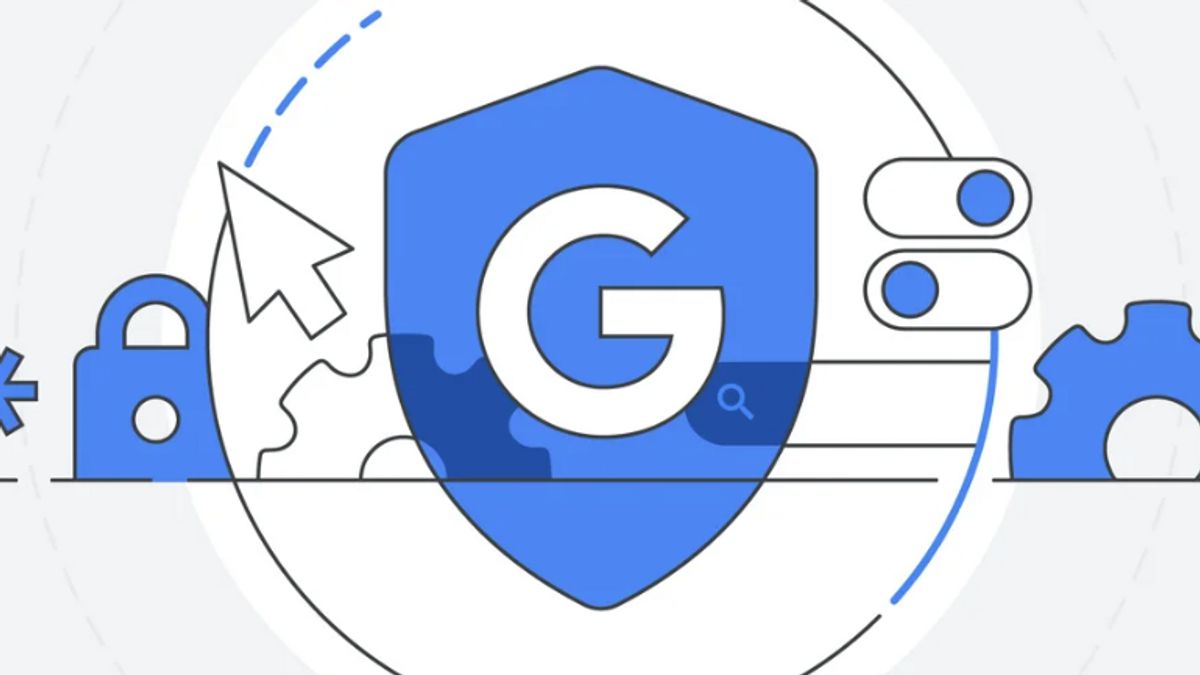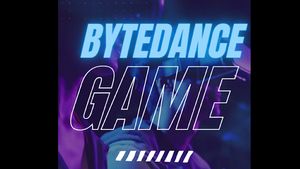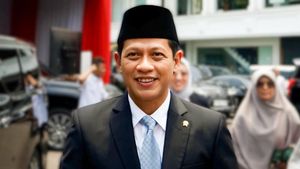JAKARTA Last August, Google opened a TRUST and Safety Research award program. This program was created to support research from academics by providing grants.
After several months of evaluating proposals submitted by researchers regarding the social impact of technology, Google finally selected nine concepts to be funded. Each of these concepts will receive a grant of 100 thousand US dollars (Rp 1.5 billion).
The first concept Google chose was the learning of the disinformation landscape in Bulgaria. Sylvia Ilieva and Keith P. Kiely from Sofia University will map out the national context and disinformation narrative targeting minority groups.
Furthermore, Google gave an award to Katharina Krombholz from CISPA, Germany's national science institute. Katharina designs warning and reporting tools for children and adolescents. This concept is made to combat sexual exploitation of children.
The next award recipients are Mai ElSherief from the University of Northeastern and Kristen Vaccaro from the University of California. Both made the concept of disinformation learning about migrants through a parallel study of disinformation patterns.
The next concept that received an award from Google was cross-cultural analysis related to online dynamicsrooming. Kathryn Seigfried-Spellar from Purdue University and Virginia Soldino Garmendia from Valéncia University will investigate her influence based on gender and age as well as the perpetrator's tactics and responses.
Next, Josephine Wolff of Tufts University will analyze the perspectives of the private and public sectors regarding the EU AI Law (EU), while Jakob Demant of Copenhagen University will understand the challenges small European countries face in marking crime and hatred.
SEE ALSO:
gue Murray of the University of Technology Munster and Sanchari Das of Denver University will increase digital trust through financial fraud defense for the elderly, while Kolis Summerer of Bozen University and Matteo Leonida of Bologna University will clarify illegal content under the EU Digital Services Act.
The last concept to receive awards from Google is the understanding of digital fraudster behavior using the Big Language Model (LLM). This concept was created by Taylor Berg-Kirkpatrick of the University of California San Diego and Stefan Savage of the University of California.
All of these selected concepts are considered important for Google in mitigating the risks of technology and encouraging positive things for the community. Later, these concepts will be used by Google in developing and enforcing their internal policies.
The English, Chinese, Japanese, Arabic, and French versions are automatically generated by the AI. So there may still be inaccuracies in translating, please always see Indonesian as our main language. (system supported by DigitalSiber.id)














